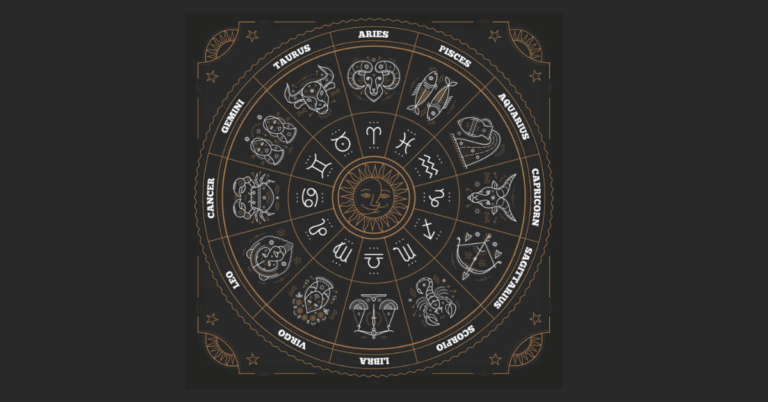Conscious Fashion Choices: Supporting Fair Trade and Ethical Production
Fair trade in the fashion industry refers to ethical and sustainable practices that prioritize the well-being of garment workers, artisans, and the environment. It aims to create a fair and transparent supply chain, ensuring that producers receive a living wage, work in safe conditions, and have access to opportunities for growth and development. By promoting fair trade, the fashion industry can address social injustices, such as exploitation and child labor, and contribute to building a more equitable and sustainable future.
The importance of fair trade in the fashion industry cannot be understated. It enables consumers to make informed choices, supporting brands that prioritize ethical sourcing and production methods. By opting for fair trade clothing, individuals can help combat labor exploitation, reduce environmental harm, and support communities in developing countries. Additionally, fair trade practices encourage accountability and transparency in the fashion supply chain, fostering a culture of responsibility and respect for human rights.
• Fair trade in the fashion industry prioritizes the well-being of garment workers, artisans, and the environment
• It aims to create a fair and transparent supply chain
• Producers receive a living wage, work in safe conditions, and have access to opportunities for growth and development
• Fair trade addresses social injustices such as exploitation and child labor
• Consumers can make informed choices by supporting brands that prioritize ethical sourcing and production methods
• Opting for fair trade clothing helps combat labor exploitation and reduce environmental harm
• Fair trade practices encourage accountability and transparency in the fashion supply chain
The impact of unethical production on garment workers and the environment
Unethical production practices in the garment industry have detrimental effects on both garment workers and the environment. Workers in fast fashion factories often toil in unsafe conditions for long hours with little pay, putting their physical and mental well-being at risk. The pressure to meet tight deadlines and produce large quantities of clothing can lead to exploitation, low wages, and limited labor rights for these individuals.
Furthermore, the environmental impact of unethical production cannot be overlooked. The fashion industry is known for its heavy water usage, chemical pollution, and carbon emissions. From the cultivation of raw materials to the manufacturing processes and transportation, each step contributes to the industry’s significant carbon footprint. The unchecked use of harmful chemicals and dyes also leads to pollution of water sources and soil degradation, further exacerbating the environmental toll of fast fashion.
How to identify fair trade and ethically produced clothing
To determine if a piece of clothing is fair trade and ethically produced, start by looking for certification labels. Organizations like Fair Trade Certified, Global Organic Textile Standard (GOTS), and Ethical Trading Initiative (ETI) provide certifications that verify a product’s ethical standards. These labels typically indicate that the garment was made under fair labor conditions, with workers receiving fair wages and working in safe environments.
Apart from certification labels, another way to identify ethically produced clothing is to research the brand’s supply chain transparency. Brands that are ethical in their production processes often provide detailed information about where and how their garments are made. Look for brands that have clear policies on fair labor practices, sustainable materials, and environmentally friendly production methods. Conducting thorough research on a brand’s values and practices can help you make informed choices when selecting clothing that aligns with your ethical standards.
What is Fair Trade?
Fair Trade is a movement that promotes better trading conditions and sustainable practices for producers in developing countries. It ensures fair wages, safe working conditions, and environmental sustainability.
Why is Fair Trade important in the fashion industry?
Fair Trade is important in the fashion industry because it helps to address issues such as poverty, exploitation, and environmental degradation that are prevalent in the production of clothing. By supporting Fair Trade practices, consumers can make a positive impact on the lives of garment workers and the planet.
What are the consequences of unethical production on garment workers and the environment?
Unethical production practices in the fashion industry can lead to low wages, long working hours, unsafe working conditions, and environmental pollution. Garment workers suffer from exploitation and health hazards, while the environment is degraded by toxic chemicals and waste.
How can I identify fair trade and ethically produced clothing?
Look for certifications such as Fair Trade Certified, Global Organic Textile Standard (GOTS), and Ethical Trading Initiative (ETI). Research brands that prioritize transparency and ethical practices in their supply chain. Consider shopping from sustainable and ethical fashion brands that are committed to fair labor practices and environmental stewardship.







